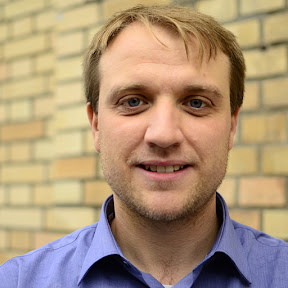An interesting research project from the Austrian Ministry of Education, Science and Culture:
The ongoing process of European integration and in particular the planned enlargement of the European Union present new challenges for the evolution of democracy in Europe. The research programme >node< of the Austrian Federal Ministry for Education, Science and Culture (bm:bwk) addresses the future of democracy in Europe. With >node<, we are inviting scientists to rethink democracy, to analyse political developments and processes and the mechanisms that guide and control them, and to come up with options and alternatives for the further development of democratic politics.
Research themes and research objectives of >node<:
The fundamental principle of the research programme is the scientific analysis and discussion of the European integration process, i.e., a critical examination in which Europe is understood as a “contested space.” The following major questions form the framework for projects within >node<:
- Which models of democratic deliberation and participation characterise the political and social developments and the diverse players in these developments in Europe?
- Which differing policies are predominant today?
- What processes and development trends can be recognised?
- How and by whom are they controlled and/or influenced?
Using this link is possible to provide your own definition of what democracy is. This is my preferred definition:
… when all people have an equal input on decission making based on true and independent information. (17. 11. 2005, Jarno Gieteling, Communicating European Research – CER 2005, Brüssel)

Copyright notice: the present content was taken from the following URL, the copyrights are reserved by the respective author/s.
